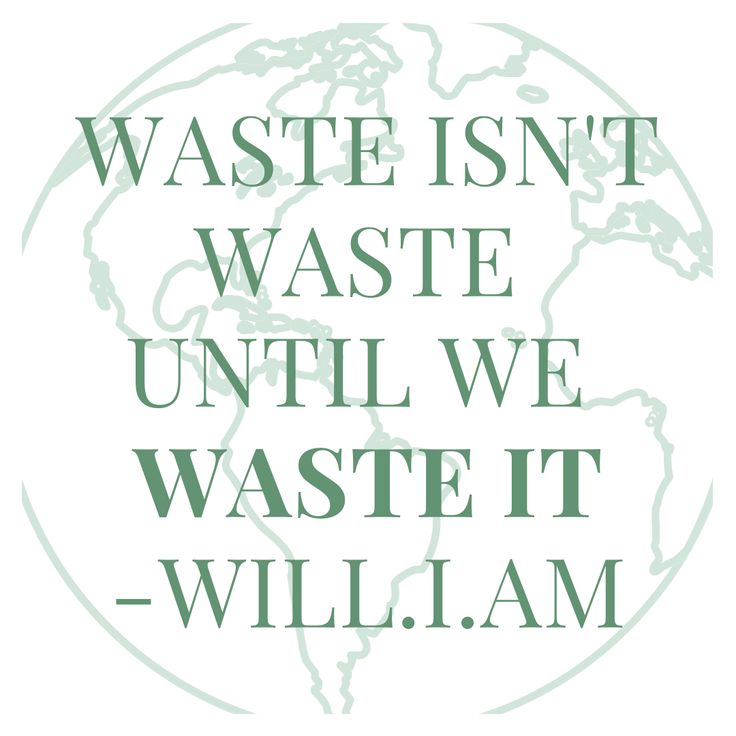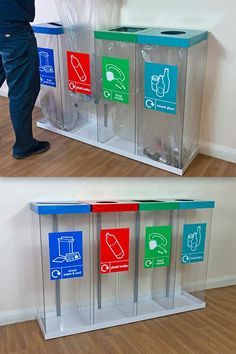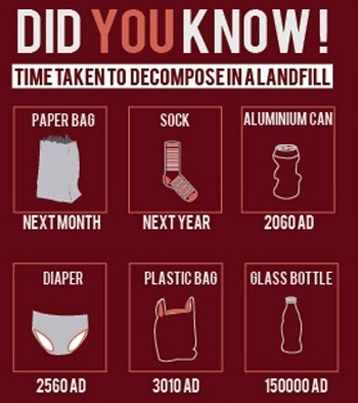

In a world where environmental consciousness is more critical than ever, the call to action for responsible waste management becomes increasingly imperative. One crucial step towards a cleaner and greener future is the simple yet impactful act of saying no to mixed waste.
The Problem with Mixed Waste:
Mixing different types of waste, whether it be plastic, paper, glass, or organic materials, poses a significant challenge for effective waste management. When waste is not properly sorted, the recycling process becomes complicated and often inefficient. Contamination in recycling streams hinders the ability to repurpose materials, leading to more waste ending up in landfills and increasing the strain on our ecosystems.
The Consequences of Mixed Waste:
The consequences of mixed waste are far-reaching. Contaminated recycling not only diminishes the value of recyclable materials but also increases the costs associated with waste management. Landfills, already overflowing in many places, receive more waste than they can handle, contributing to environmental degradation and the release of harmful greenhouse gases.


The Solution Starts at Home:
The first step in addressing the issue of mixed waste begins at home. Simple habits, such as separating recyclables from non-recyclables, go a long way in supporting effective waste management. Educating ourselves and our communities about proper waste-sorting practices is crucial. Understanding which items are recyclable, compostable, or destined for the landfill empowers us to make informed choices.
The Importance of Recycling:
Recycling plays a pivotal role in the journey towards sustainability. By saying no to mixed waste, we ensure that materials are recycled efficiently, reducing the demand for new raw materials and lowering our overall environmental impact. Recycling conserves energy, reduces pollution, and minimizes the strain on natural resources, making it an essential component of responsible waste management.
Individual Impact, Collective Change:
Every effort, no matter how small, contributes to the larger waste reduction goal. Saying no to mixed waste is a personal commitment that collectively shapes a more sustainable future. When we adopt responsible waste disposal practices, we inspire those around us to do the same, creating a ripple effect that can lead to widespread change.
Conclusion:
Saying no to mixed waste is not just a slogan; it’s a pledge to protect our environment and preserve it for future generations. By taking a stand against mixed waste, we actively build a cleaner, healthier, and more sustainable world. Let’s embrace this simple yet powerful practice, and together, we can significantly impact the path toward a greener tomorrow.
